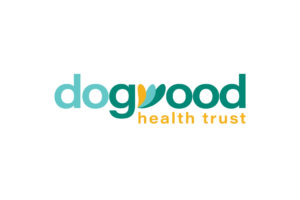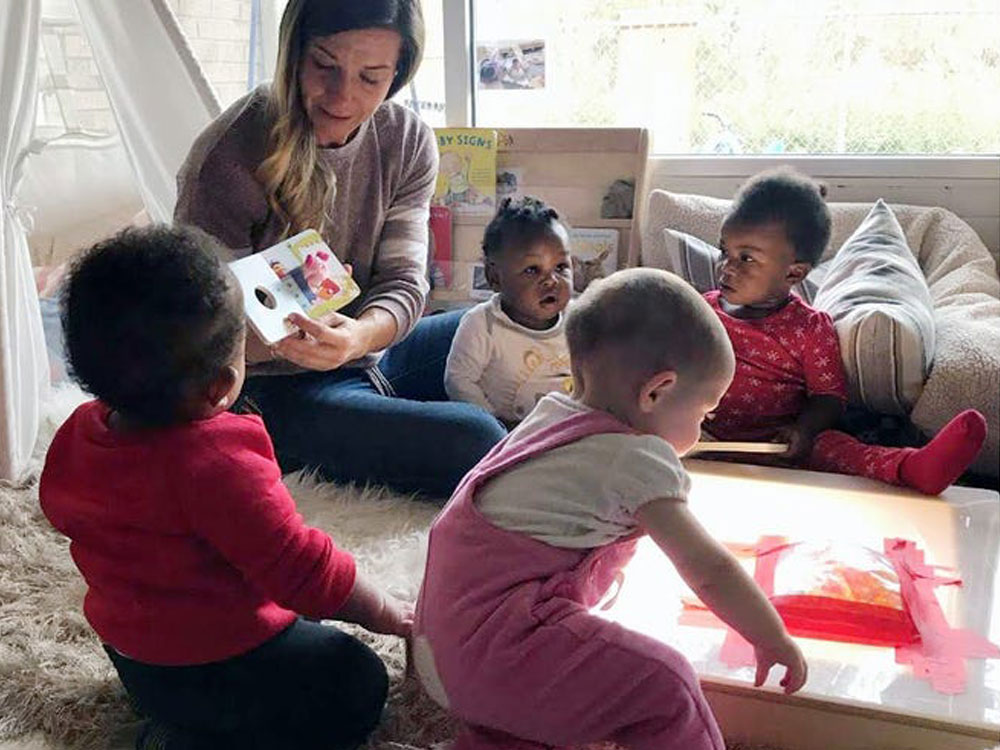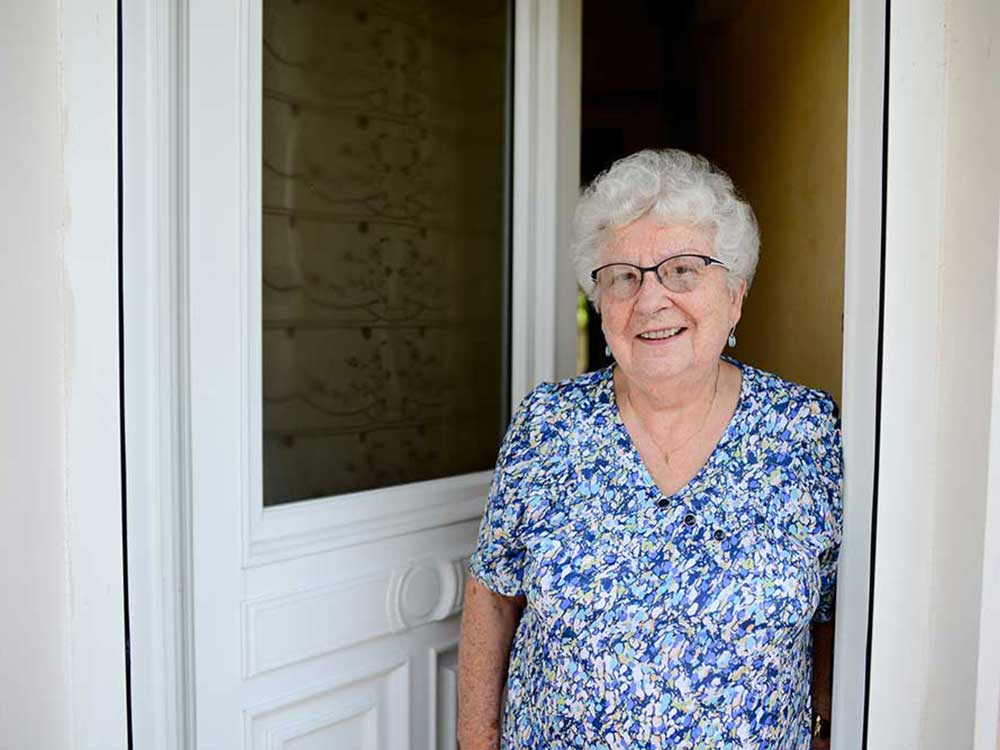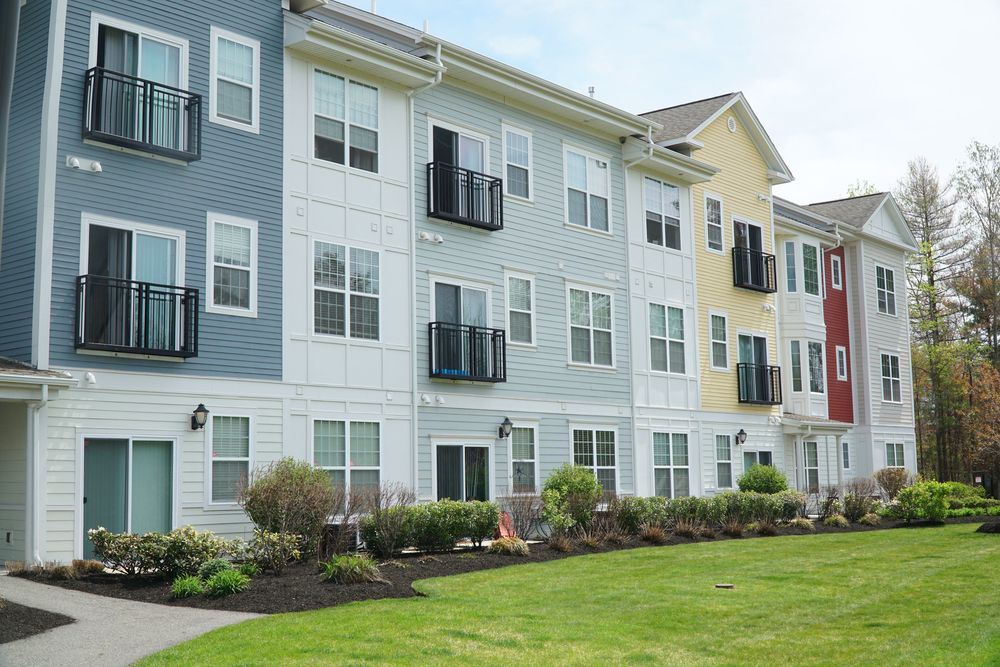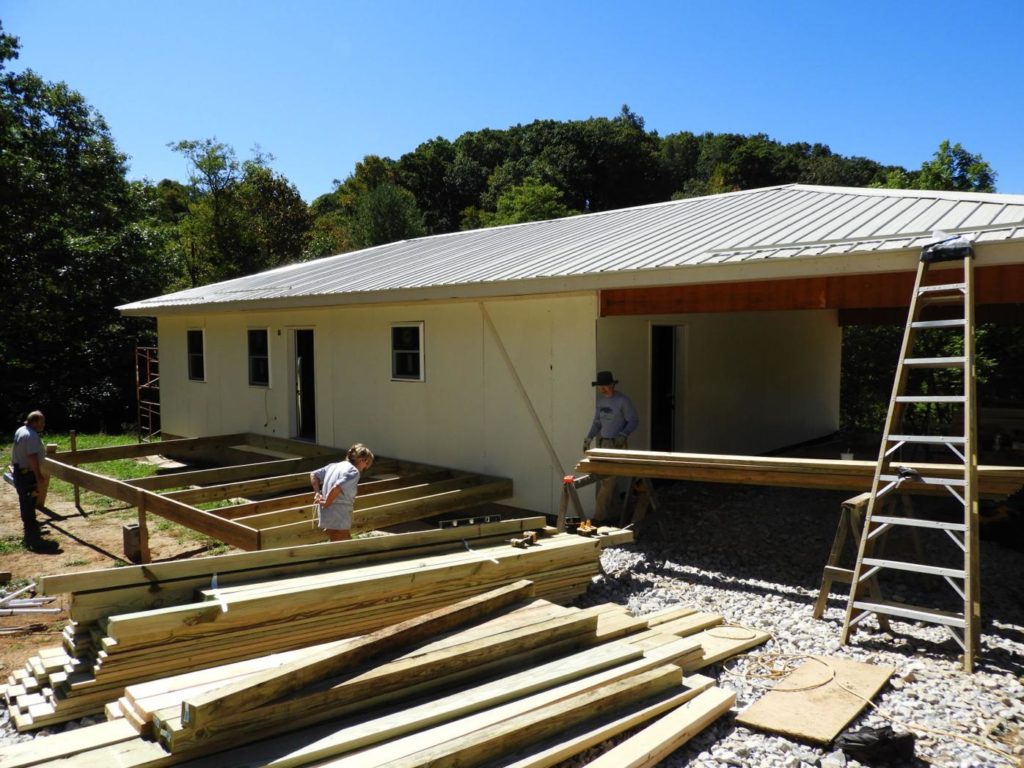Asheville (April 13, 2020) – The Western Region Education Service Alliance (WRESA) announced today its partnership with Dogwood Health Trust to bring Internet access to students as they move to remote learning, due to an order by Governor Roy Cooper to close schools until at least May 15.
With school districts’ curriculum now online, one of the significant problems the school systems are facing is the lack of Internet access for many of the students. Dogwood Health Trust funded 510 individual, home-based hotspots that WRESA would be able to source to teachers and high school seniors across 11 school districts.
Western Region Education Service Alliance was able to identify the districts most in need of Wi-Fi, allowing for quick deployment. “We are grateful for the generosity of Dogwood Health Trust to provide hotspots to school systems to allow more Internet access to students,” said Jan Webster, Director, Western Region Education Service Alliance. “The collaboration between WRESA and Dogwood Health Trust has allowed the school systems to identify needs that would assist students in their new remote learning environments.” Two such districts, one rural and one more urban, are already using the technology to facilitate learning.
With more than 35 percent of students without connectivity in Madison County, the need for broadband access was critical. The county began remote learning on March 17, just three days after Governor Cooper’s order to close schools. WRESA connected the county with Dogwood Health Trust and 40 hotspots were delivered and distributed to students. “This is a game changer for students, it gives them a choice they didn’t have before, and impacts multiple families living in the same residence,” said Dr. Will Hoffman, superintendent, Madison County schools. “It is impressive, and inspiring, to
see an organization as big as the Dogwood Health Trust respond so quickly and with such a generous, hands on approach.”
Asheville City Schools was also identified as a district in need of internet access. “Even after distributing all the hotspots within our district, about 50 families were left without internet access,” said Matt Whiteside, Asheville City Schools’ Director of Instructional Technology and Media Services. “We’re incredibly grateful for Dogwood Health Trust’s generous donation to ensure all students within Asheville City Schools can grow and thrive despite these challenging times. In fact, because we kept a running list, we were immediately able to get hotspots into the hands of students who needed them most.”
In addition to the individual hotspots, Dogwood has also purchased more than 100 hotspots that will soon be outfitted in school buses. WRESA has been able to facilitate identification of the buses to host the hotspots and locations in which to park them in areas for students to be able to download or access their assignments. Installing the hot spots into buses will allow for social distancing while also alleviating the needs for Internet access felt throughout many rural areas of the region.
“Equitable access to education has taken on new meaning with the COVID-19 crisis,” said Antony Chiang, CEO, Dogwood Health Trust. “We are honored to partner with our regional school districts to reduce disparities especially for rural and lower income families, while supporting the importance of social distancing to reduce transmission.”
Dogwood is working throughout the region to cultivate partnerships that will both flatten the curve and reduce negative societal impacts as a result of COVID-19. Interested partners are encouraged to send an email to [email protected] or visit covidwnc.org to explore opportunities.
The Western Region Education Service Alliance (WRESA) has been serving the schools in Western North Carolina for over 20 years by providing regional collaborative opportunities through job alike meetings, regional professional development, and grant projects. These efforts have provided WNC schools resources to address common issues and share best practices through networking channels across our region. Our goal is to assist schools as they work together for the children of Western North Carolina.
Dogwood Health Trust is a North Carolina nonprofit corporation with the sole purpose of dramatically improving the health and well-being of all people and communities of Western North Carolina. Dogwood Health Trust became operational upon the sale of Mission Health’s assets to HCA Healthcare and is the recipient of the net proceeds of the sale. To learn more, please visit www.dht.org.
Media Contact: Erica Allison, Formation PR + Brand
[email protected] / 828-329-5089

